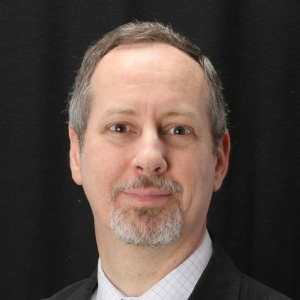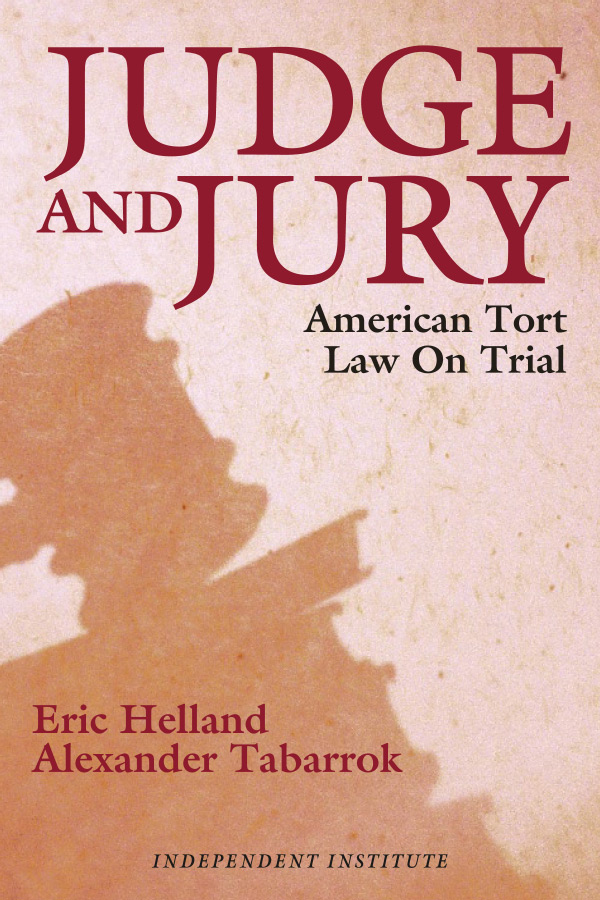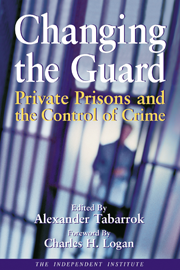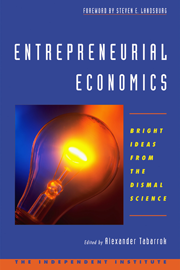Every year the shortage of human transplant organs grows worse. The number of patients waiting for transplants has increased five-fold since 1990, rising from 20,000 to just over 100,000 today. Annually, thousands die while waiting.
The system isn’t working and is riddled with inequity. Although there is no reason to think that Apple CEO Steve Jobs “jumped the line” to get his recent liver transplant, Jobs did have an advantage: He was able to choose which line to stand in.
Contrary to popular belief, transplant organs are not allocated solely according to medical need. Organs are allocated through a complex system of fifty-eight transplant territories. Patients within each territory typically get first dibs on organs from that territory. That’s great if a patient happens to live in a territory with a lot of organ donors and relatively few demanders, but not so good for a patient living in New York, San Francisco or Los Angeles, where waiting lines are longest.
As a result of these “accidents of geography,” relatively healthy patients in some parts of the country get transplants while sicker patients in other parts of the country die waiting. Patients with resources can register at more than one transplant center, so Jobs registered for a transplant in Tennessee, where waiting lines are shorter than in much of the rest of the country.
Geographic inequities, however, are not what’s wrong with the organ transplant system. The fundamental problem is that organs that could dramatically extend lives and return the sick to health are routinely buried and burned.
In the U.S., less than one-half of potential organ donors became actual organ donors. The shortage of organs could be greatly alleviated, and eliminated entirely for at least some organs, if more people would sign organ donor cards and if more families agreed to donate after the death of a loved one.
The problem is that our current organ procurement system is restricted to free donations. Such donations are wonderful. But while we wait for more of them, hundreds of thousands of patients have died. It is time to free up the system with the motivating power of incentives.
One possibility is a “gift for the gift of life” that would go to the estate of deceased organ donors. Such a gift could be used to pay for funeral expenses in a time of need and it would gracefully mark society’s gratitude.
Payments also could be made to living donors. Nobel Prize-winning economist Gary Becker and Julio Elias have estimated that we could completely eliminate the shortage of donor kidneys by paying donors about $15,000. Payments to donors could be made by insurance companies or even by the federal government.
But can the government afford to pay organ donors? Yes.
In fact, financial compensation for donors would actually reduce total federal outlays (by lowering or eliminating other costs) and ultimately save taxpayers money. Specifically, taxpayers currently pay for most dialysis treatment through the end stage renal disease program. But transplants are much cheaper than dialysis in the long run. So even with a $15,000 payment to donors, taxpayers could save hundreds of millions of dollars a year with reduced dialysis costs. And, of course, many thousands of lives would be extended.
But we need not pay organ donors directly. Incentives come in a wide variety of forms. For example, why not waive the driver’s license fee for people willing to sign organ donor cards? Shouldn’t we thank people who are willing to be organ donors?
Indeed, another gross unfairness of the current system is that organ donors receive no special treatment should they one day need an organ. I encourage everyone I know to sign an organ donor card, but if someone doesn’t want to sign that’s his or her choice. If someone isn’t willing to give an organ, however, why should that person be allowed to receive an organ?
“It’s not fair to give organs to non-donors as long as there are registered organ donors who need them,” argues Dave Undis, the founder of Lifesharers.org, a free, nonprofit organization that encourages organ donors to donate first to people who are also willing to be organ donors.
The organization that runs the current system, the United Network for Organ Sharing (UNOS), could give people who have signed organ donor cards extra points that would advance them on the queue if they ever need an organ. UNOS already does this for previous organ donors, so why not do the same for potential organ donors? Not only would this be a more just system, it would also create an incentive to sign one’s organ donor card.
All proposals aside, the current system of organ allocation is unfair, inefficient and deadly. Groups such as the American Society of Transplant Surgeons and the National Kidney Foundation are finally considering ways to ethically compensate organ donors. But the organ shortage grows worse every year.
We shouldn’t abandon a donor-based system, but we can greatly enhance giving by including creative incentives. Lives are in the balance.











